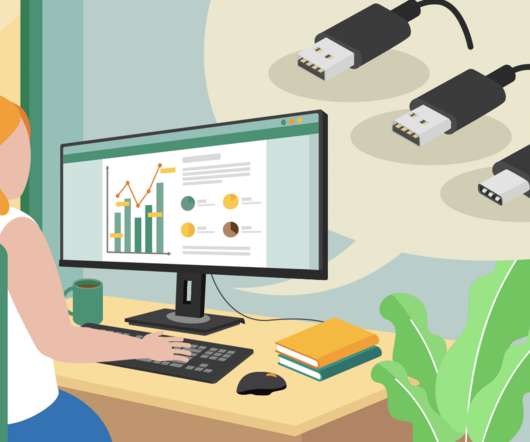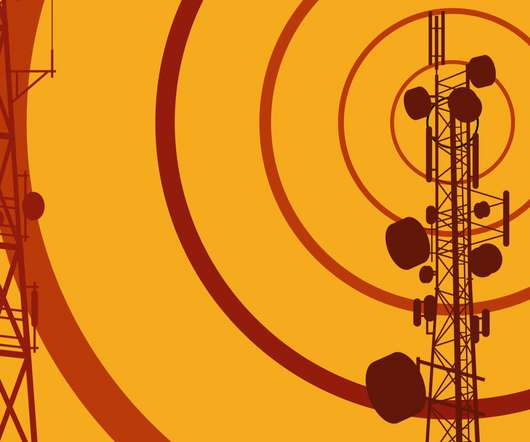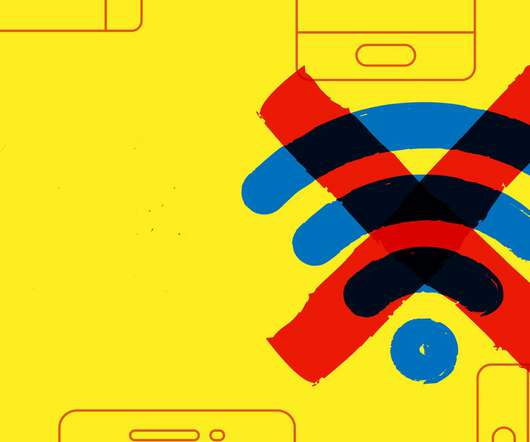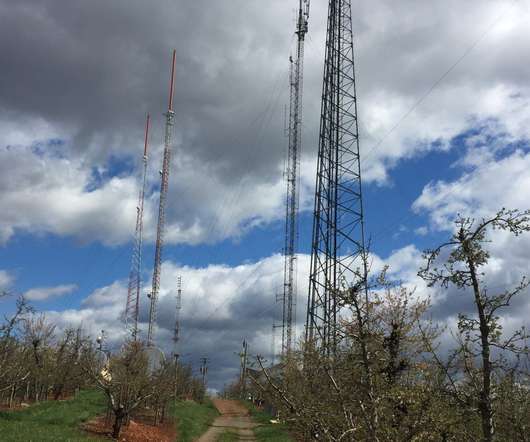USB-C, USB-B, and USB-A: What’s the Difference?
ViewSonic Education
NOVEMBER 29, 2021
Like any technology, it has progressed over time and had various iterations, with significant speed and power improvements. On the other hand, USB-C simplifies things considerably, with fully reversible, bi-directional power capabilities and better data rates. had a data rate of 1.5 had a data rate of 1.5 USB: The Basics.

































Let's personalize your content